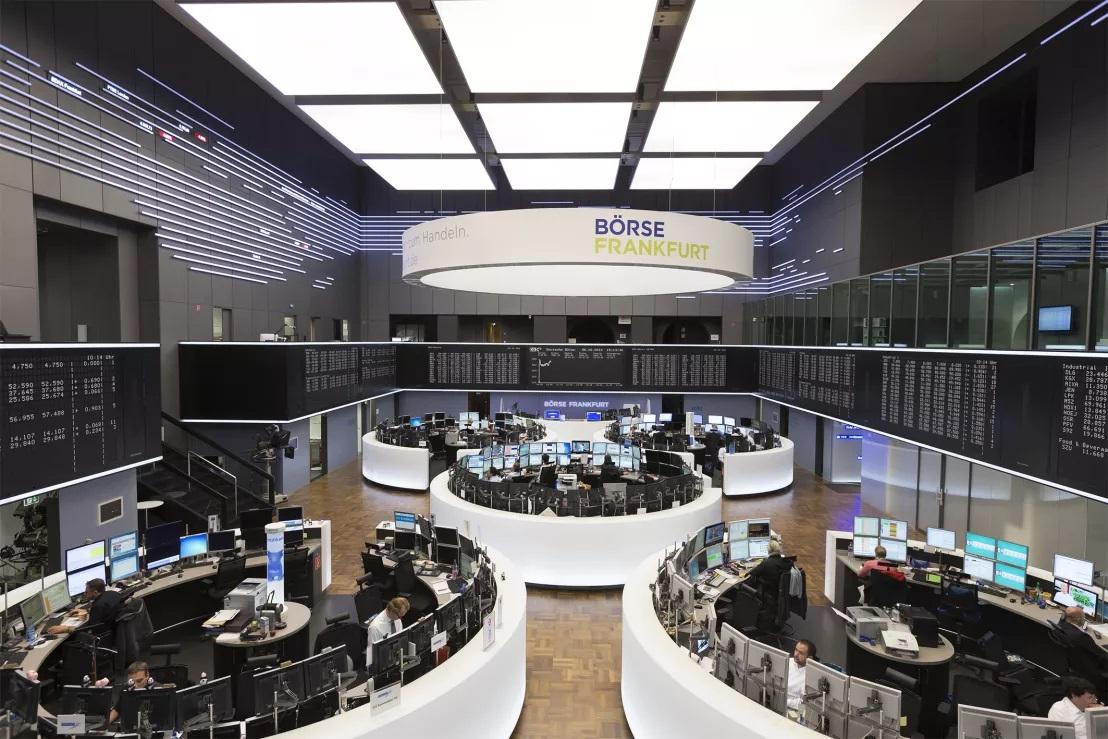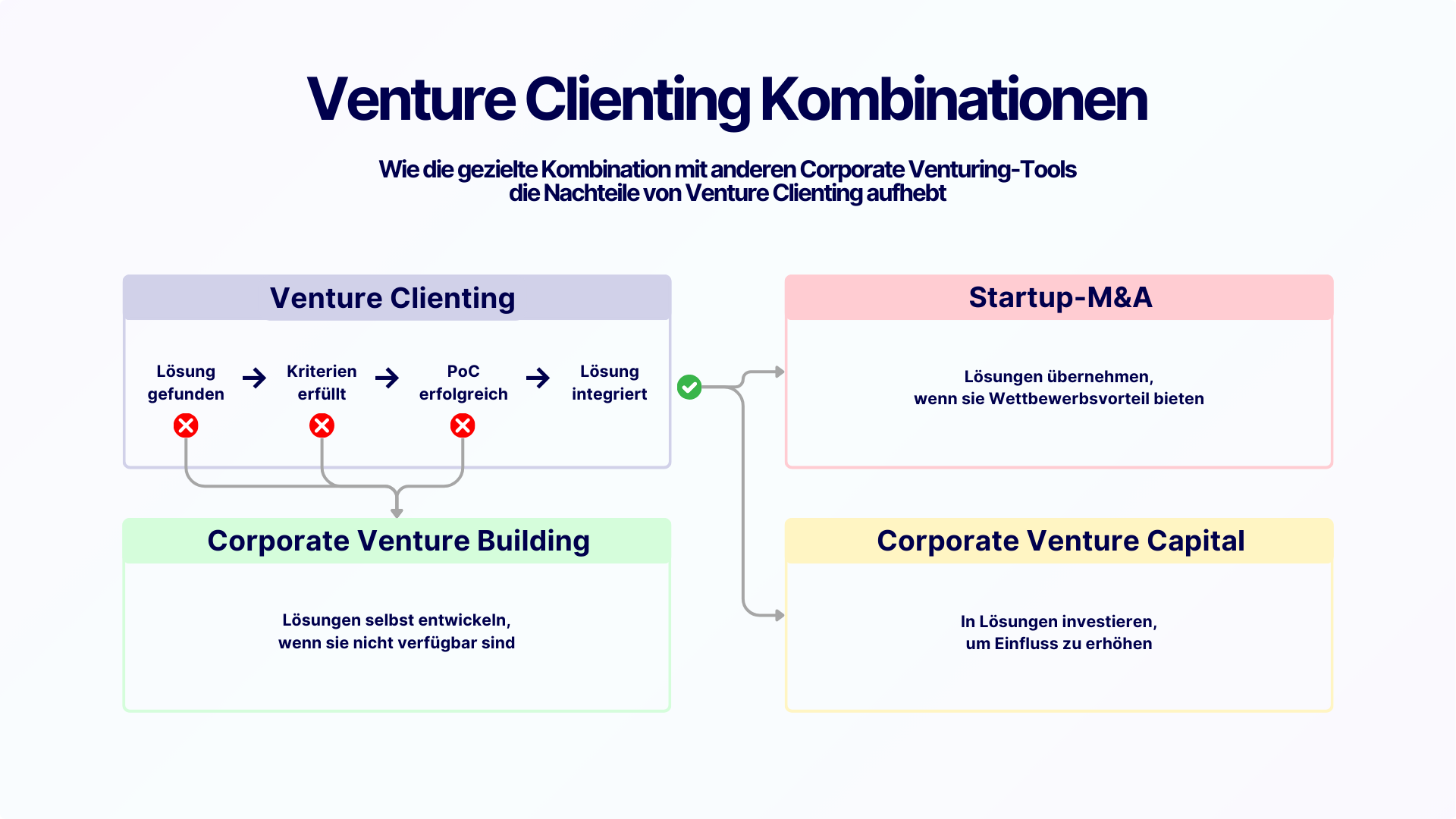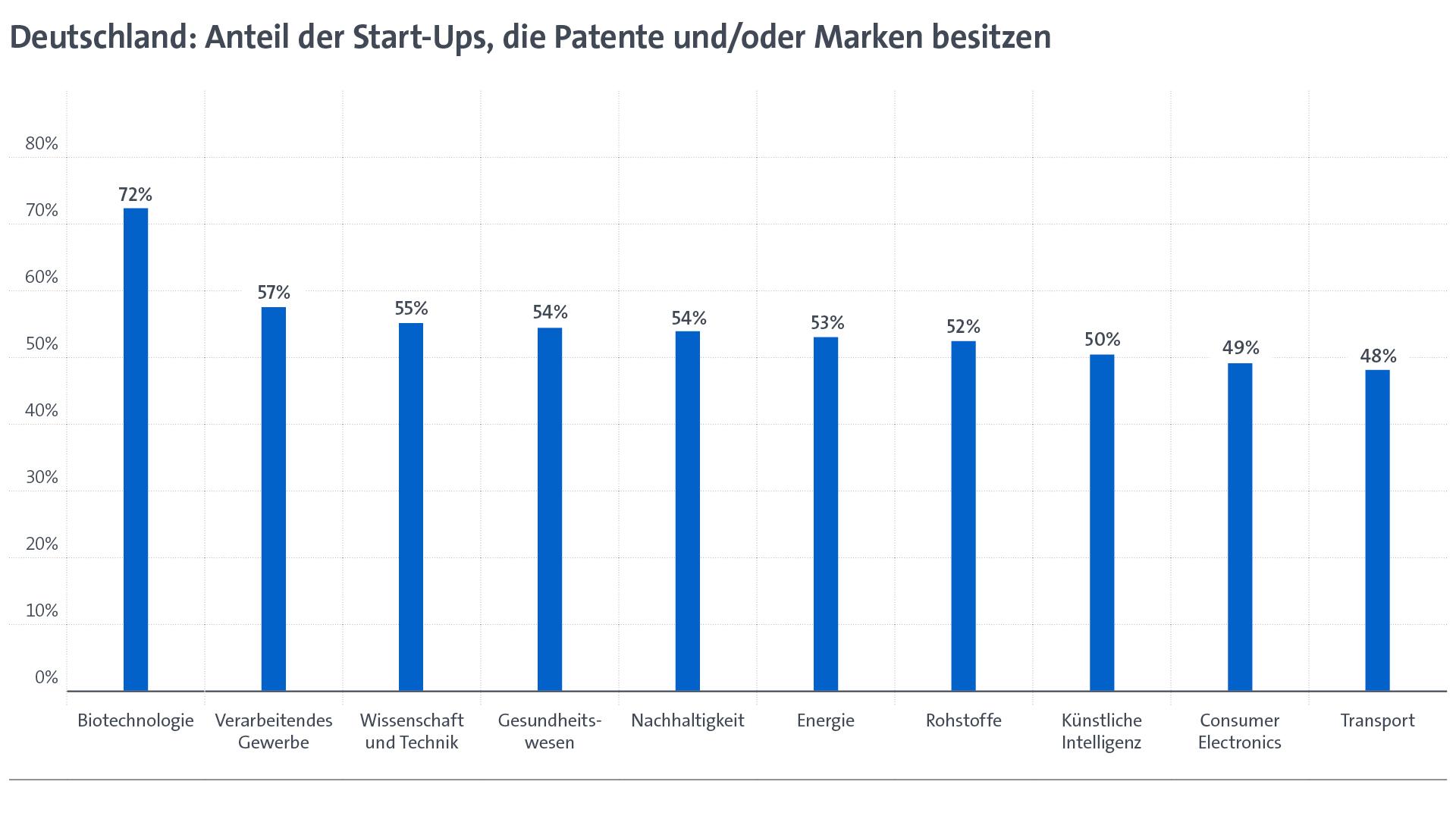How does the IPO succeed?

By going public on the capital markets, start-ups can tap into attractive financing channels. But an IPO requires a lot of preparation. An overview of the necessary steps.
If the story of a start-up follows a script, then the IPO is the grand finale, the moment when all the hard work pays off and all the storylines are resolved in a happy ending. Those who believed in the company - founders and investors alike - are rewarded and the company sets course for a golden future.
But going public is not quite that simple. Companies that want to be listed in Germany have to meet a whole host of requirements and take a number of factors into account. An overview of the most important points.
Why go public?
There are a whole range of reasons why entrepreneurs should aim for an IPO. The most important one, as so often, is money. If you are listed on the stock exchange, it is easier and cheaper to obtain capital than entrepreneurs who are dependent on lenders. In contrast to loans, shares are equity capital, so the buyer of shares is not a creditor but a co-owner. In addition, a stock market listing can have a positive impact on a company's reputation and image. A company listed on the DAX-30, for example, is practically part of the German business aristocracy.
The legal requirements
However, in order to get there at some point, start-ups have to fulfill a whole range of legal requirements. This starts with the right type of company. In Germany, only companies that are either a stock corporation (AG), a partnership limited by shares (KGaA) or a European Company (Societas Europaea (SE)) are admitted to stock exchange trading.
The next steps then also depend on which stock market segment the company is aiming for. In Germany, there are three: the Prime Standard, the General Standard and the Open Market. The Prime Standard has the strictest requirements, followed by the General Standard. It is also the segment that is attractive to most investors, including international investors.
Regardless of the standard, however, every company that wants to go public must submit an issue prospectus. The exact form this must take is set out in the relevant EU regulations. In principle, it should contain everything an investor needs to evaluate the share. Companies also have publication obligations after the IPO. The most important is certainly the annual report, which must be publicly accessible. In the Prime Standard, both prospectuses and reports must comply with the International Financial Reporting Standards (IFRS). All events that could influence the share price must also be announced promptly via so-called ad hoc announcements.
Companies wishing to be listed in the Prime Standard must also have presented annual reports for at least three years, have a market value of at least EUR 1.25 million, issue at least 10,000 shares and have at least 25 percent of their shares in free float.
The economic requirements
The economic conditions are much more flexible. The company does not have to achieve fixed values in order to access the capital market. However, not every company is equally attractive to investors, so it may not be worth going public at all.
It is difficult to make general statements about how a company should be positioned economically, but a few points can be made: While key figures such as profit, sales performance and growth are not crucial in themselves, they play a major role in the context of the industry. If a company is ahead of its competitors in these areas, it is attractive to stock market participants. However, the future outlook is particularly important to investors, as when they buy shares they are betting that the share price will rise in the future. Accordingly, a company should be able to explain how it intends to grow in the long term. This may involve planned internationalization, acquisitions or new products, for example.
The organizational requirements
As with the economic factors, these are not necessarily mandatory, but are expected by stock market participants. Companies with stock market ambitions should have effective controlling systems, internal risk management and good corporate governance. The accounting and reporting system should also be professionally set up.
It should also be clear who bears what responsibility in the company and what the ownership structure is. If possible, the management team should not be made up of beginners, and the managers should ideally have known their respective areas for several years.
The helpers
An IPO is very time-consuming; on average, the entire preparation takes twelve to 18 months. As the management team also has to run a company, it is advisable to bring in external experts. The most important of these are the banks that accompany the IPO. There are often several of them, especially for larger IPOs. Their task is to analyze the company and approach potential buyers. They then help to set the issue price. They then collect subscription requests from investors in order to allocate the shares at the end.
In addition to the banks, a company can also call in auditors to check the balance sheets, lawyers to identify legal pitfalls and PR firms to drum up publicity for the IPO.

Newsletter
Startups, stories and stats from the German startup ecosystem straight to your inbox. Subscribe with 2 clicks. Noice.
LinkedIn ConnectFYI: English edition available
Hello my friend, have you been stranded on the German edition of Startbase? At least your browser tells us, that you do not speak German - so maybe you would like to switch to the English edition instead?
FYI: Deutsche Edition verfügbar
Hallo mein Freund, du befindest dich auf der Englischen Edition der Startbase und laut deinem Browser sprichst du eigentlich auch Deutsch. Magst du die Sprache wechseln?

















